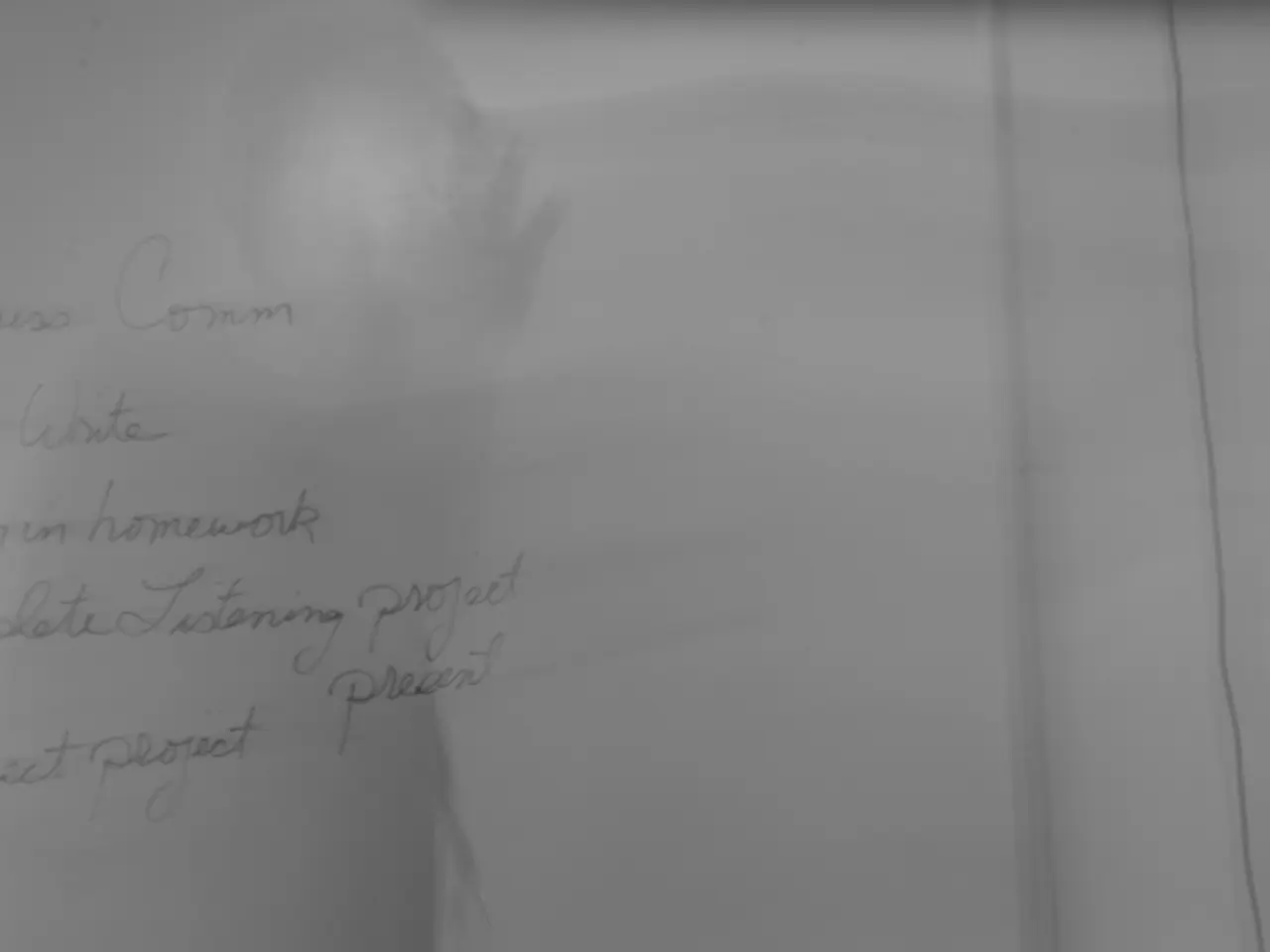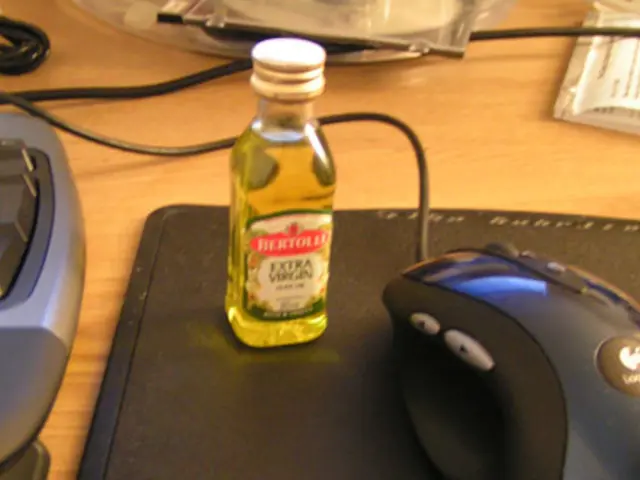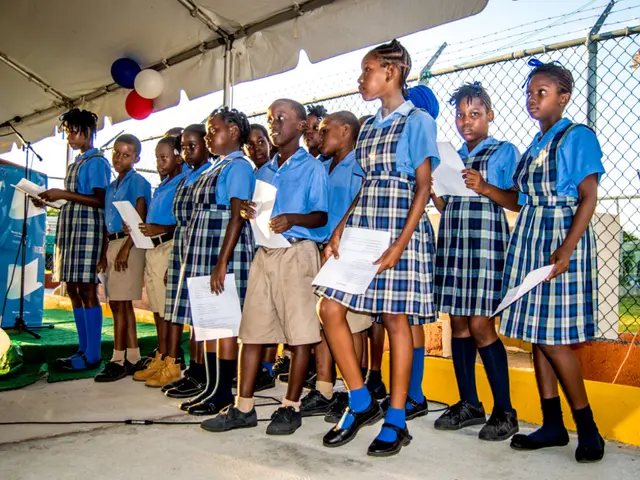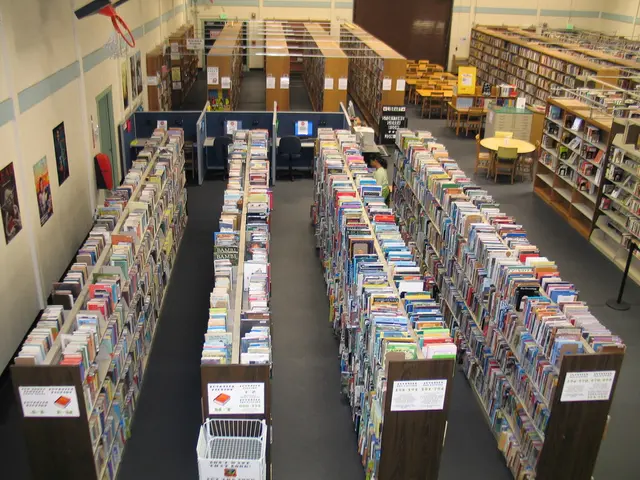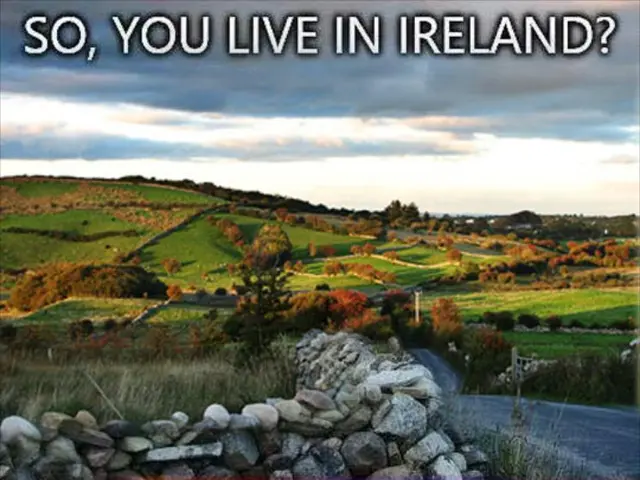Privileges Often Considered Freedom for the Wealthy, but Derided as Shortcomings when Experienced by the Less Fortunate
In contemporary society, the divide between the rich and the poor is not only evident in economic terms but also in the way societal norms and attitudes shape their lives. This article explores various aspects where double standards exist, impacting the freedom, social judgment, economic opportunity, and policy outcomes for both groups.
1. **Perceptions of Freedom and Success:** Wealthy individuals often enjoy social acceptance and admiration for their choices to remain single or choose not to have children, as these choices are associated with autonomy and independence. In contrast, poor individuals making similar choices often face judgment, seen as immature or unstable because societal norms equate financial security with traditional family structures like marriage and parenthood.
2. **Judgments of Deservingness and Control:** Studies show that low-income individuals are more likely to be perceived as responsible for and deserving of their economic status, often blamed for their poverty. Meanwhile, the wealthy’s self-reliance and success are sometimes undermined or attributed to unfair advantages. This disproportionate judgment fuels stigma, shame, and negative mindsets among the poor, reinforcing social inequities and limiting opportunities for mobility.
3. **Economic and Social Capital Disparities:** Poor individuals typically have less access to social networks, education, and financial resources. These limitations reduce their information access, opportunities, and aspirations, creating a cycle of intergenerational immobility and inequality. Wealthier people benefit from better family resources and community environments, which advantage them in education and employment opportunities that the poor are less likely to receive.
4. **Economic Ability to Minimize Costs:** An additional economic double standard lies in how wealth enables the rich to spend less over time. For instance, wealthier individuals can invest in quality goods and services that last longer, whereas poor individuals may be forced to buy cheaper, short-lived products, resulting in higher costs over time. This perpetuates the wealth gap by making it harder for poor people to save or improve their financial situation while the rich accumulate more wealth.
5. **Policy and Structural Inequities:** Tax and government policies often favor the wealthy at the expense of working-class and poor populations. For example, regressive tax policies in some regions disproportionately burden the poor, leading to underfunded public services such as education and healthcare, which further entrenches inequality and exacerbates the gap in living standards.
These double standards affect many aspects of life including social acceptance, access to opportunity, economic stability, and political power. They perpetuate systemic inequities by reinforcing negative stereotypes about poverty, limiting upward mobility, and maintaining a cycle where the wealthy continue to benefit from advantages that are denied to the poor.
In conclusion, societal double standards between the rich and poor impact freedom, social judgment, economic opportunity, and policy outcomes, often marginalizing the poor and consolidating advantages for the wealthy. It is crucial for society to acknowledge and address these disparities to promote fairness, equality, and equal opportunities for all.
- Mental Health and General News Coverage: Wealthy individuals often receive extensive coverage and empathy in media outlets that focus on their personal lives, marriages, and businesses, which can enhance their social status and influence. In contrast, non-wealthy individuals face less coverage and support, especially those struggling with mental health issues, which are frequently absent or stereotyped in mainstream media.
- Education-and-Self-Development Opportunities: Access to resources for education, personal development, and lifestyle improvement is bias toward the wealthy. Quality educational materials, professional development courses, and self-help resources are more accessible to the wealthy due to financial means. Meanwhile, the poor have limited resources for self-improvement, resulting in a widening gap in knowledge and skills between socioeconomic classes.
- Business Opportunities and Financial Services: The financial system caters to the wealthy and large businesses, offering better interest rates, investment opportunities, insurance, and financial advice that help them grow their wealth. For the poor, access to financial services might be limited or offered with high fees and restrictions, making it more difficult for them to accumulate wealth, save for emergencies, and start businesses.
- Social Media and Media Influence: The wealthy's lifestyles, inventions, and businesses dominate social media feeds, shaping cultural norms and influencing consumer preferences. Meanwhile, the stories and struggles of the poor have minimal representation in mainstream media, failing to bring awareness to the social and economic challenges faced by this group.
- Community Support and Social Justice: Wealthy individuals benefit from community support and advocacy disproportionately, as they can fund investment in their neighborhoods and hire legal representation for various issues like business disputes or zodiac-related events. Conversely, the poor have fewer resources to address personal and economic challenges, reinforcing the divide and the lack of support for those less financially secure.
